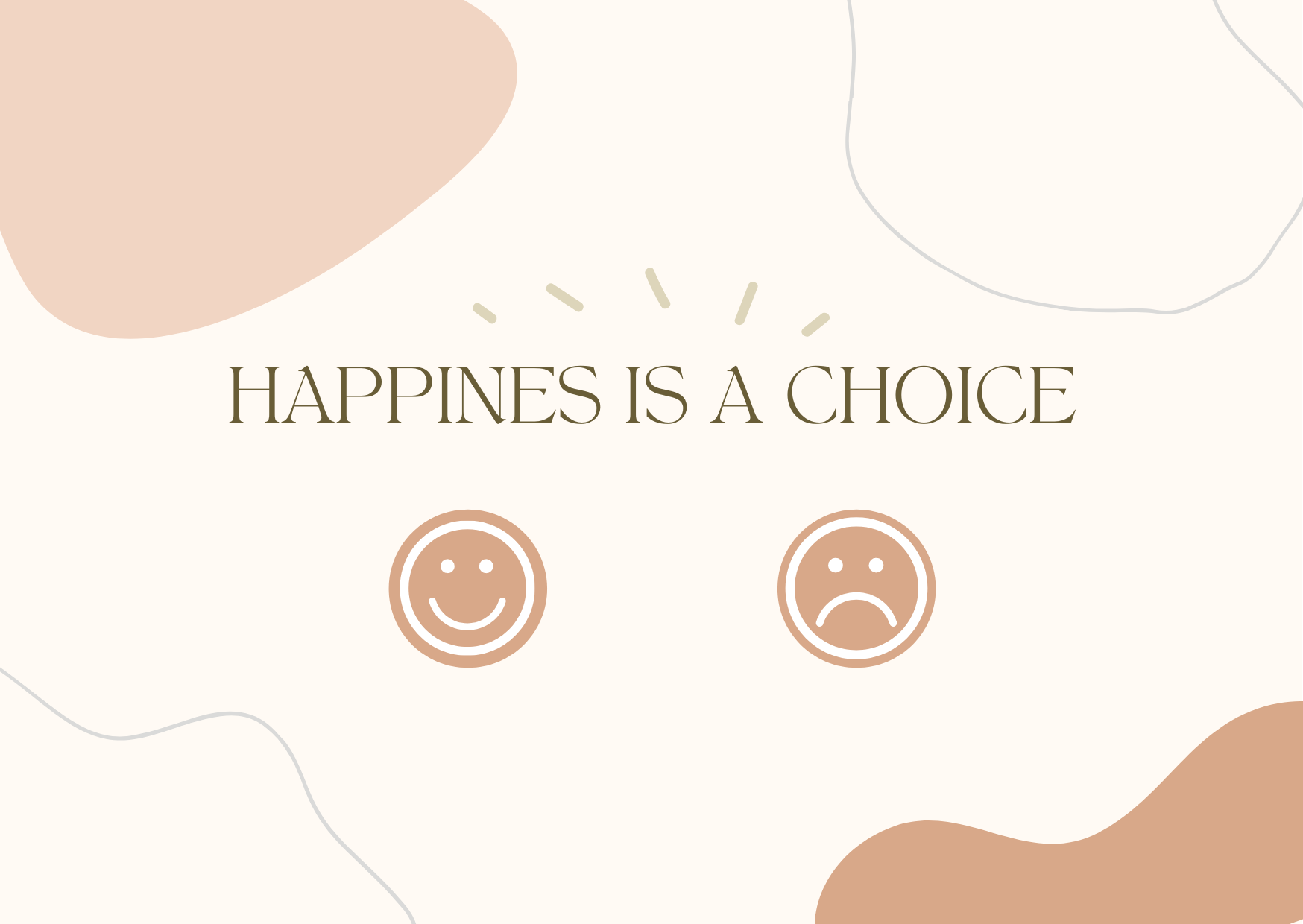The 3 levels of happiness and how to apply it in business?
I’ve listened to perhaps one of the greatest podcast episodes I’ve ever listened to and I simply had to share it with you. Steven Bartlett’s podcast The Diary of a CEO, E101 “The Happiness Expert That Made 51 Million People Happier: Mo Gawdat”, where they talk about happiness, why “my brain is not me”, gratitude and also AI. But the key takeaway I would like to share with you is a simple 3 step process to hack your brain to happiness.
First let’s define happiness using Mo’s Happiness Equation: your happiness is equal to or greater than the difference between the events of your life and your expectations of how life should behave. Let’s use an example: If it rains in London on your trip you wouldn’t feel disappointed, because you have predicted it, you have packed your rain boots and the rain in London is a normal situation. If it rains on a sunny July day, when all you want to do is lay by the pool and sunbathe, then you wouldn’t feel happy because the event doesn’t match your expectations. Therefore it is not the events in your life that cause you unhappiness or happiness, it is your expectations of events, following certain emotions and feelings like disappointment, anger, sadness etc. But that is normal, to feel is a normal response. What is problematic is staying in those feelings, not dealing with them and letting go of all the control that you have. Everytime we stay in those emotions we train ourselves to react to situations in that way, and simply surrender to “whatever life throws at us”. But we can also train ourselves to react differently and bounce back to a state of happiness.
It stems from the concept of neuroplasticity, referring to the brain’s ability to modify, change, and adapt both structure and function throughout life and in response to experience. Basically you can train your brain to respond to an event that causes you any kind of discomfort (sadness, anger etc.), to get back to a happy state of mind. Just like you train your muscles at the gym. And if you do it every day, you will get better at it, your muscles will grow.
Because “life is going to piss you off”, it’s just how life works, but you can manage to acknowledge your emotions and then, most importantly, you take that feeling, whether it’s anger, resentment, sadness etc. and you say “what can I do about it?”. The point is: happiness is a choice. And if we apply Mo’s statistics, about 8% of you will not accept this, say “nope” and will stop reading this blog. Going about life saying: “Oh, life hit me, I don’t like life, you have no idea what I’ve gone through.”, that’s a 6 year old’s attitude – and we have all the power to change that. If you are still with me, keep on reading.
There are three stages of a happiness expert:
- The beginner’s level
Ask yourself: “Is what I’m thinking true?”
- If it is NOT: Drop it. That’s it, just drop it.
- If it is TRUE: go to the next level
- The black belt
Ask yourself: “Can I do something about it?”
- If I CAN: Do something. What are you waiting for? We can’t just wait for the problem to go away or better fix itself – we are not playing the role of the victim of life, thinking “life is not fair”, ”nothing good ever happens to me”, “it’s mercury retrograde”.
- If I CANNOT: go to the next level.
- The jeday master
Ask yourself: “Can I accept it (not surrender) and start to do something to make my life better, despite/because of its presence?”
- If you accept and commit: Great, now you have space to actually focus your energy and thoughts into something positive.
Let me give you an example. We were in lockdown, restaurants, gym’s, offices, airports etc. were closed. We all felt anxious, confined, angry… all justified, but what did we do with those emotions? Was the situation true – yes. Could we do something about it – sadly, no. Did we accept it and did something despite its presence? Did we use the extra time from not having to drive to work to have breakfast with our loved ones? Did we learn to cook because all the restaurants were closed? Did we go on long walks or runs to nearby parks because we didn’t have access to the gyms? Or did we spend our time complaining and stressing about things that we can’t control? Answer that how you’d like.
- If you don’t accept and commit to doing something despite the situation: You are stuck with not only the situation but all the feelings as well – and so comes the chronic stress, lack of sleep, anxiety and even depression. Because you in fact are not in control of yourself, your emotions and thoughts. But we can be, if we simply choose to be. Not just in our personal lives but in business as well.
When your team fails at a project or doesn’t get a deal do you cry and complain about it or do you say: “What went wrong and how can we fix it?”
You can apply the exact same three steps in your business. Mo uses a simple example from his career as a chief business officer at Google X, when most of his work consisted of managing managers and in his words: “What do managers do? They open your door, sit down and complain.”
He first gave them space to vent for 10 minutes, to feel their feelings and then applied the 3 questions:
- “Is what you’re thinking true?” and “Did your colleague actually say something hurtful, did you get all the facts straight, is there anything you’ve missed?”
- “Can we do something about it?”
- “Can we accept it and do something despite its presence?”
Perhaps we’ve learned to manage our emotions better at our jobs than in our personal lives. Nonetheless it is a good reminder to know that we are in control – and we can make ourselves happy, despite any given situation. Because life will test you, again and again, and you have all the tools to handle it.
I highly recommend listening to the entire episode, it’s a long one, but it will be worth your while.



